A structure is a fixed or moveable, temporary or permanent constructed object. For example:
- Buildings
- Sheds
- Towers
- Chimney stacks
- Storage tanks
Demolition work does not include:
- dismantling structures that provide support, access or containment during construction work, for example, formwork, falsework or scaffolding.
- removing power, light or telecommunication poles.
PCBU specific duties
As a person conducting a business or undertaking (PCBU), you have a duty to manage the risks of demolition work. Other specific duties include:
- ensuring that workers have the relevant licence to perform demolition work. Demolition work can involve disturbing asbestos and explosives and such work may require workers to have the relevant licence. For more information about high-risk work licences, contact your local WHS regulator.
- notifying your WHS regulator at least 5 days before you:
- demolish a structure, or a part of a structure that is load bearing or otherwise related to the physical integrity of the structure, that is at least 6 meters high,
- demolition work involving load shifting machinery on a suspended floor,
- demolition work involving explosives.
- obtaining a copy of the asbestos register from the person with management or control of the workplace and check the asbestos register before work begins. If there is no register, a competent person must inspect the structure for asbestos. Any asbestos which demolition work may disturb must be removed before demolition work can begin.
- preparing a safe work method statement (SWMS) if demolition work constitutes high risk construction work. For more information on SWMS, please refer to our information sheet on SWMS. To learn more about how to prepare a SWMS, please click here to access our interactive SWMS tool.
For more information
Model Codes of Practice
- Demolition work
- Construction work
- How to safely remove asbestos
- How to manage work health and safety risks
Other resources
- Model WHS Regulations - Part 4.6
- Model WHS Regulations - Part 8.6
- Safe Work Australia webpage - Demolition

